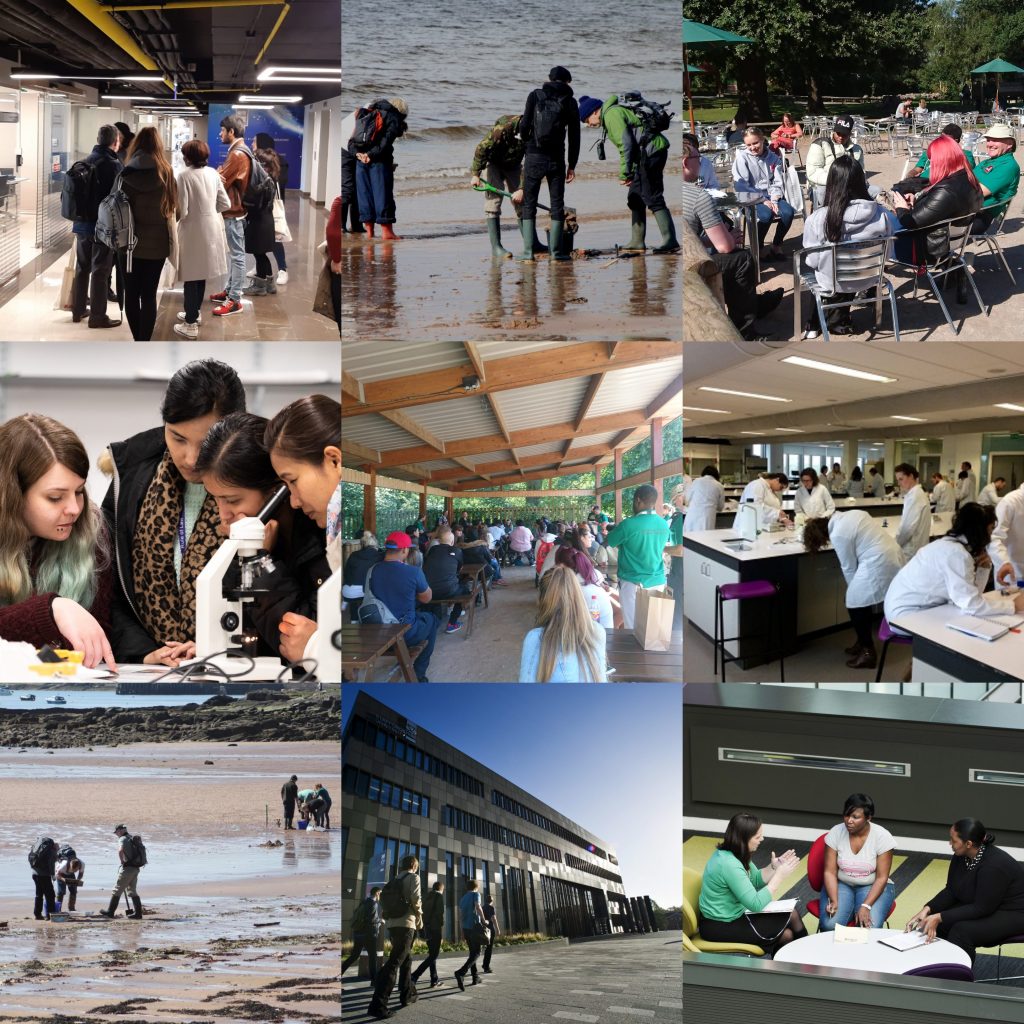A blog written by Paul Orsmond – Senior lecturer (Tef) in Biological and Biomedical Sciences

Most research carried out into learning in higher education (HE) is within the context of teaching, and a tutor-designed curriculum. Here the research is driven by questions such as ‘what sort of learning do we want’? Such research helps address higher education metrics, such as academic performance indicators that track and provide a measure of performances and achievement. Metrics are now strongly ingrained into higher education that it is understandable why student acquired learning is recognised as the only learning of worth taking place in higher education. Of course, it isn’t.
Our research explores the rich everyday learning that students naturally engage in with their peers within university, but outside the tutor curriculum. Such learning can be extended, encompassing student learning arising from engagement with family and friends. This participatory learning addresses questions about ‘what learning do we have now’?

A lack of awareness of this ‘other’ learning taking place in higher education presents a problem. At present there is a disparity between employer expectations and employee qualifications. Quite rightly HE invests in preparing students for the workplace. But there is gap in this preparation and it is one that our research well illustrates.
Our research shows that many of our students in the Department of Biological Sciences at Staffordshire University are developing key employability skills through their participatory learning, learning outside the curriculum, and learning not driven by HE metrics. Such learning is taking place every day but remains unrecognised. This is what we call ‘invisible’ learning. Students and higher education institutions, therefore, do not appreciate, or recognise this invisible learning. Hence are not focused on these skills being developed and refined. Through our research we hope to make the richness of this learning more visible, making our students more aware of their potential to achieve.

